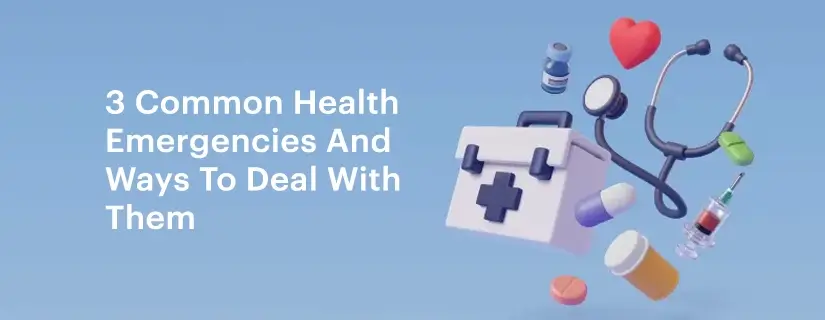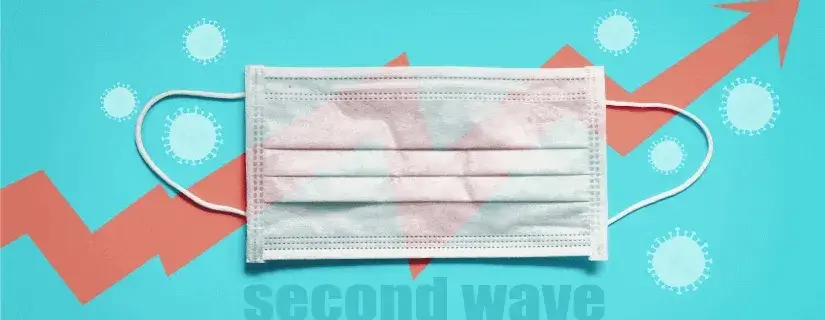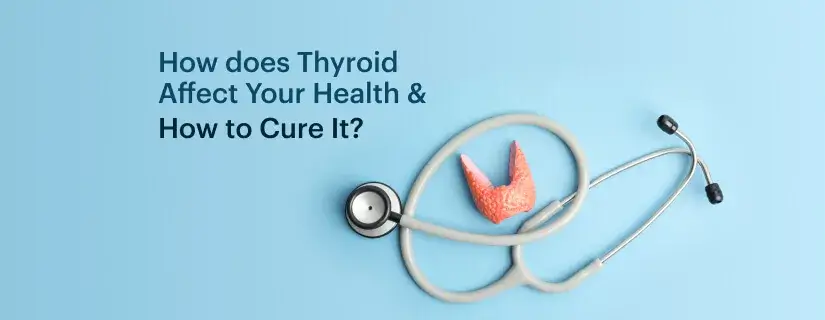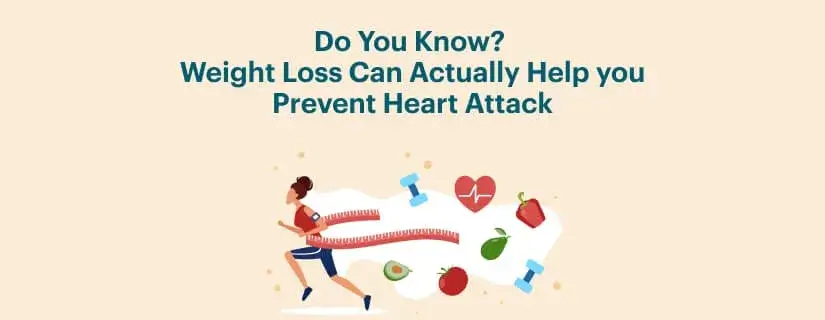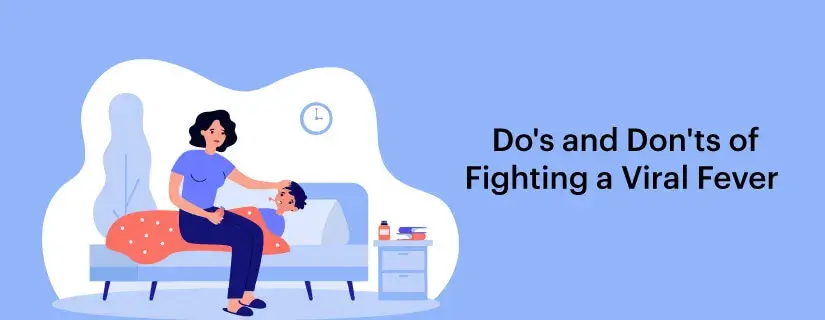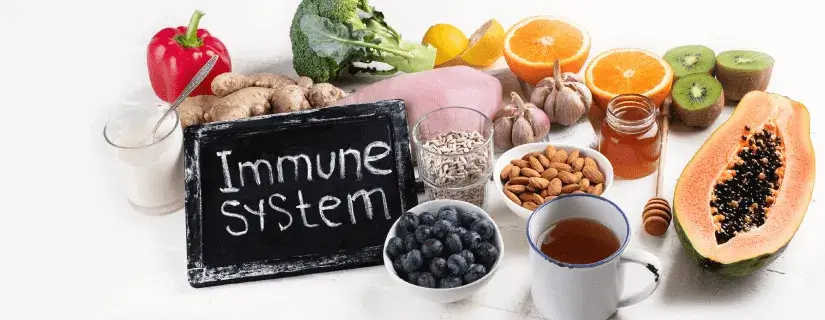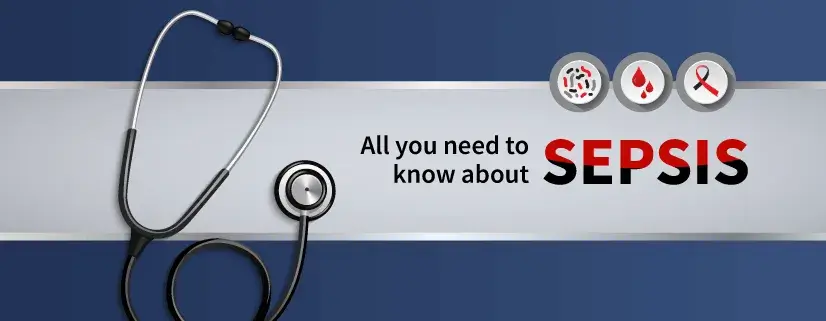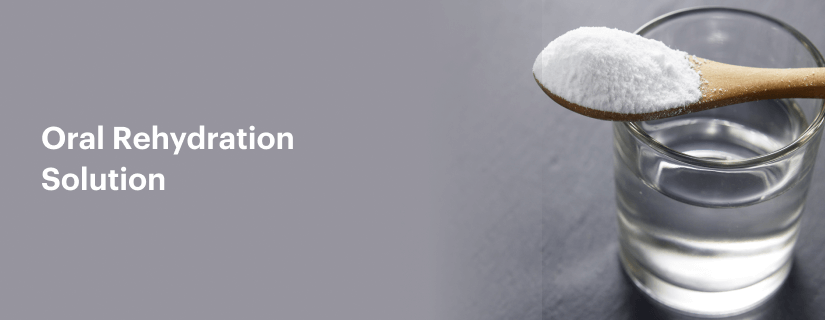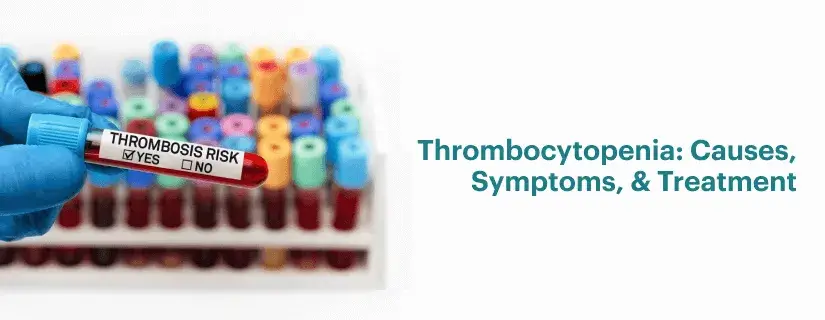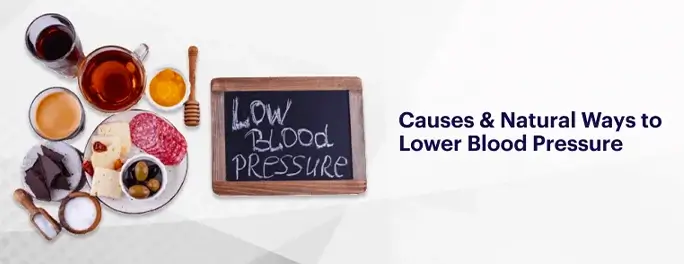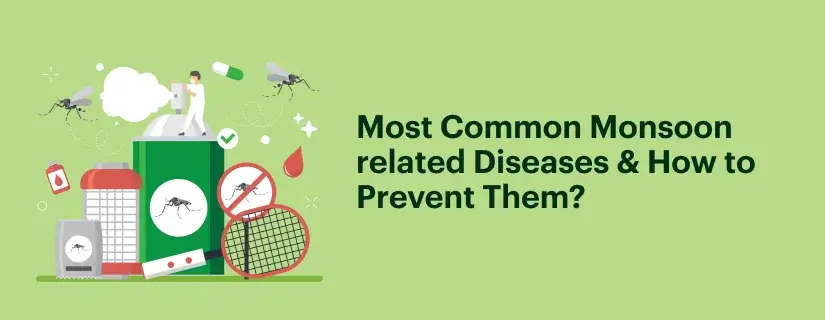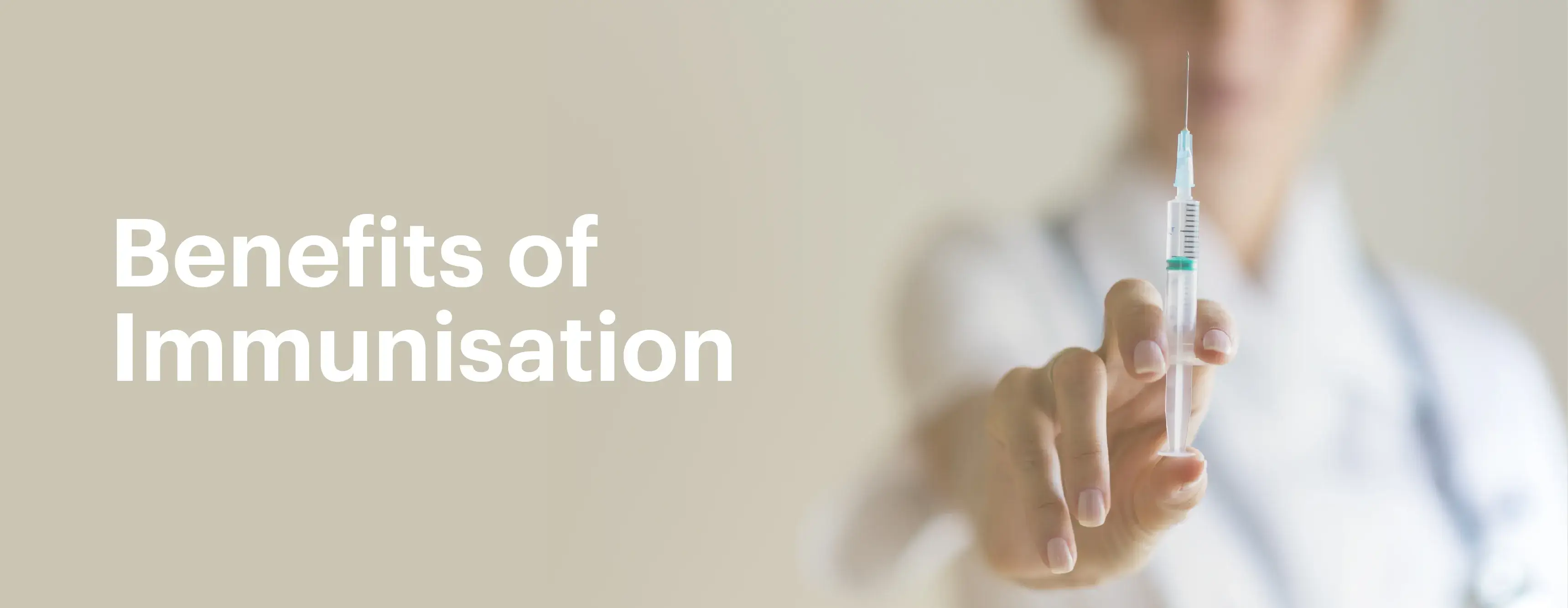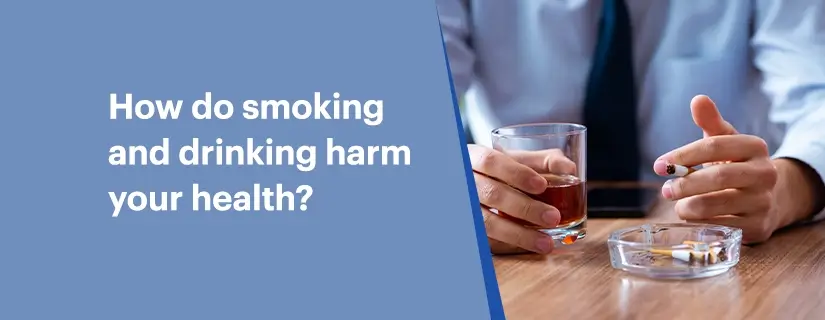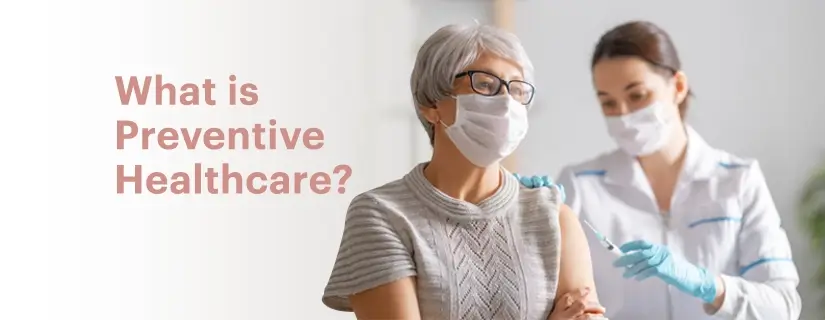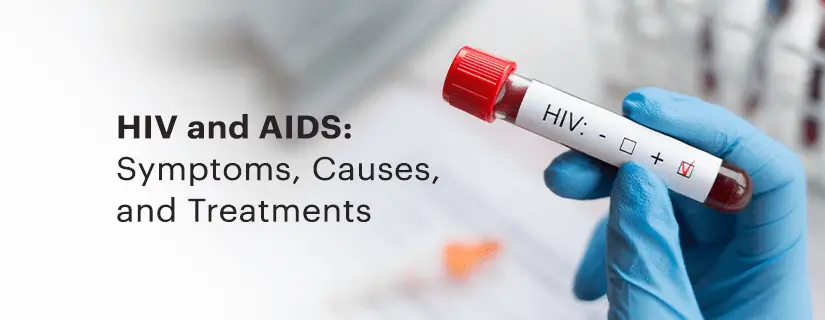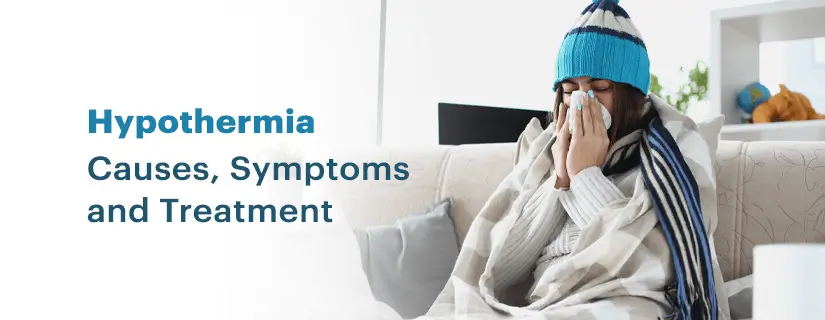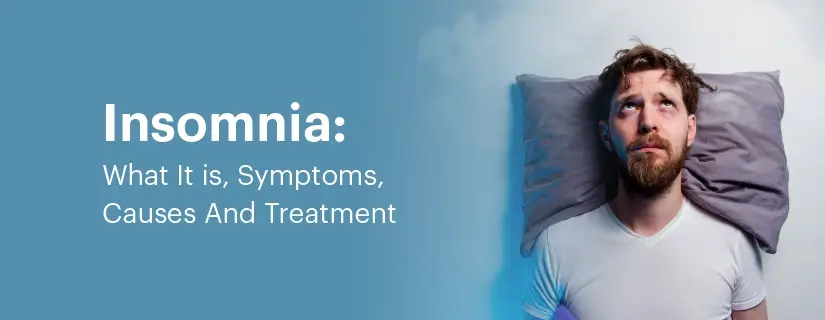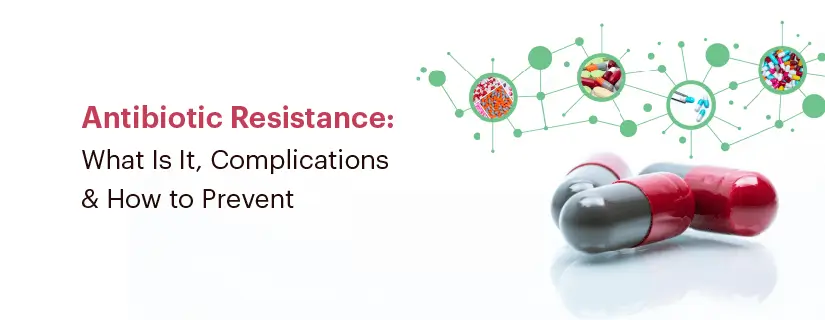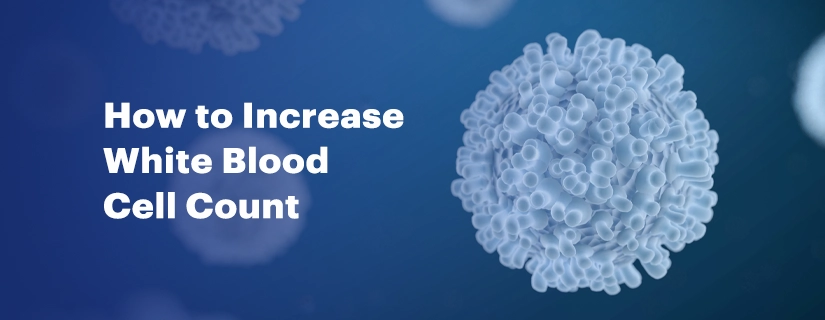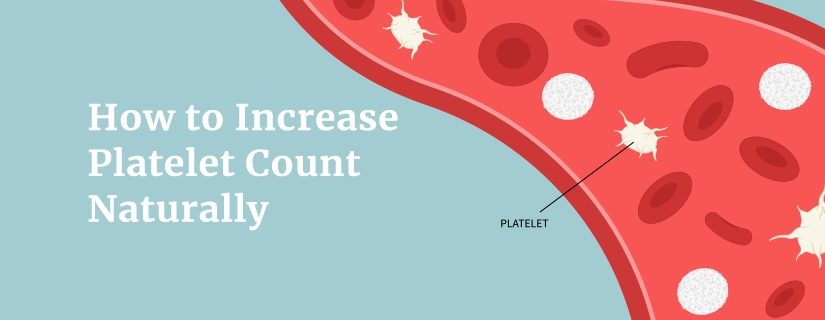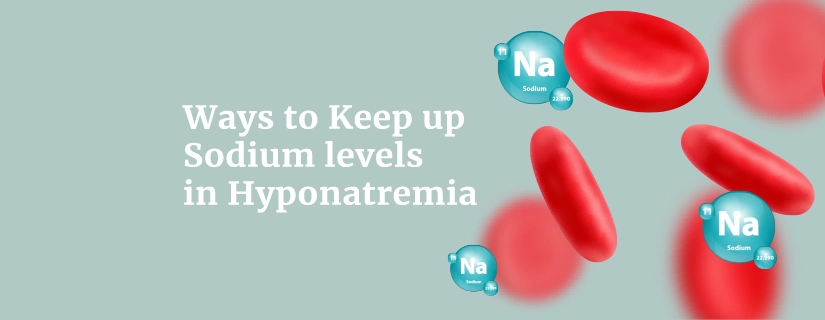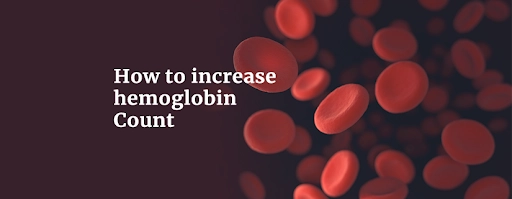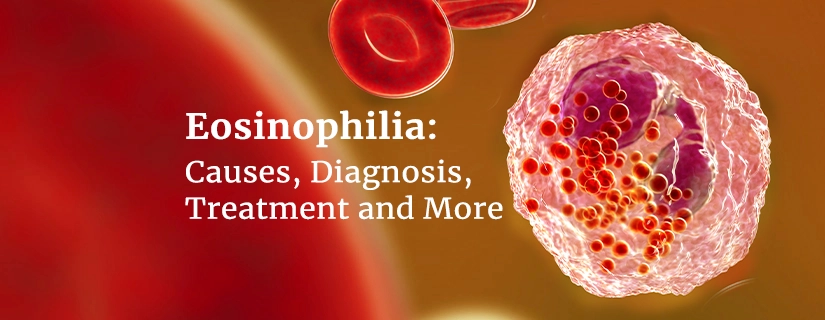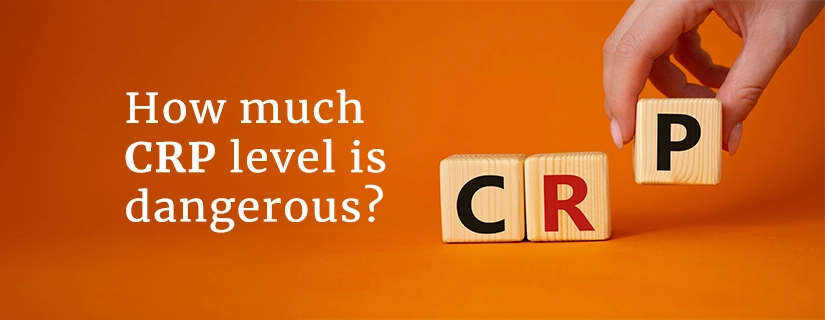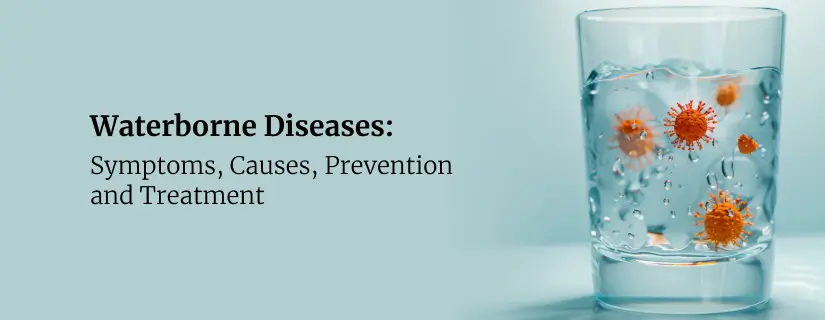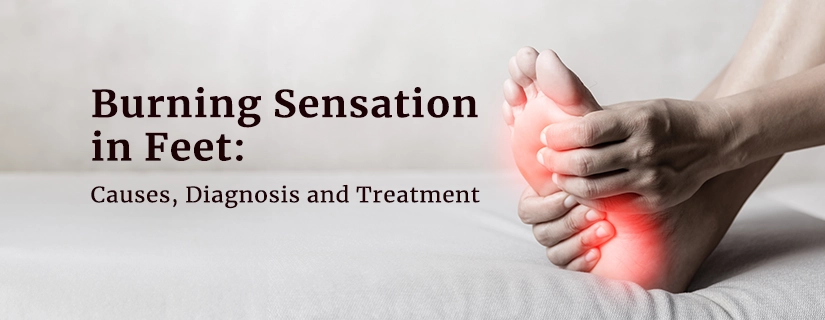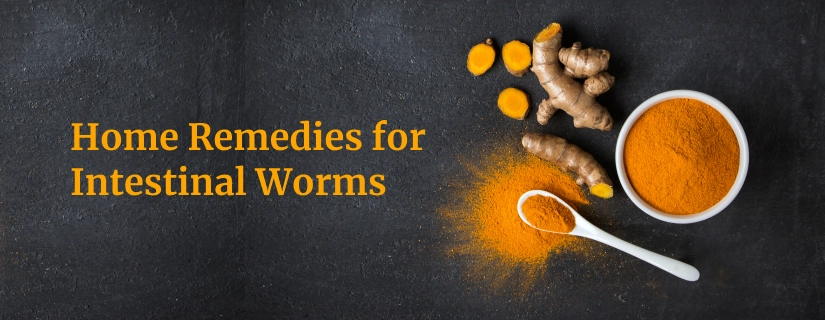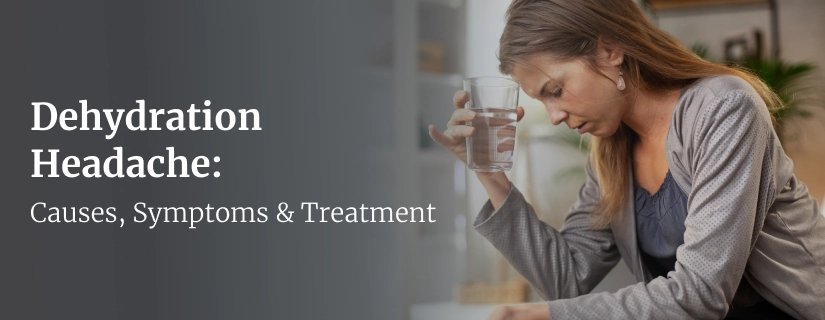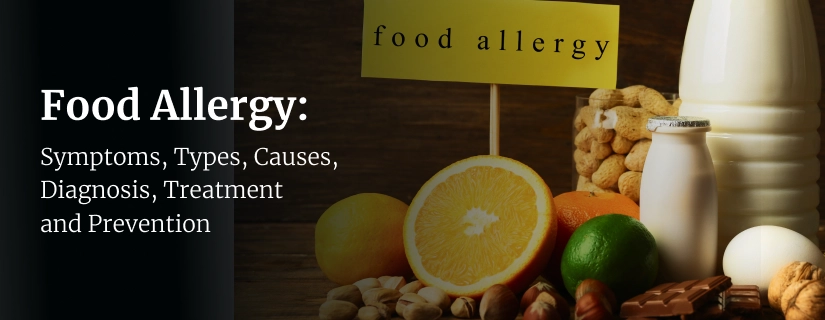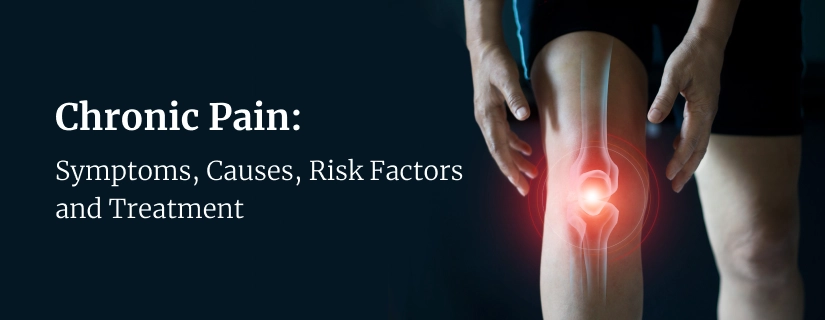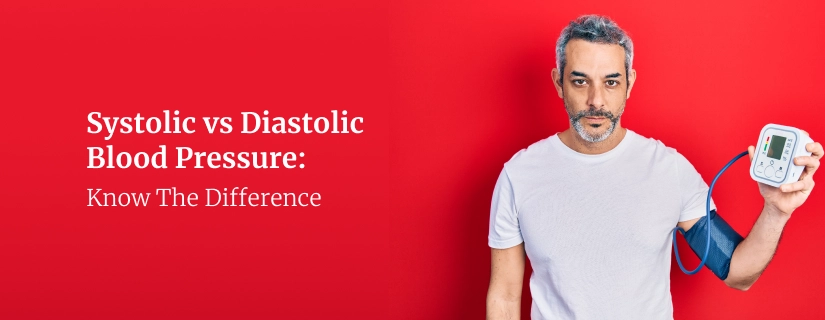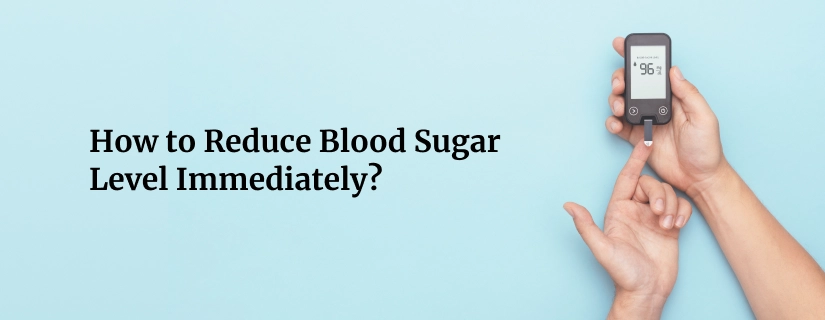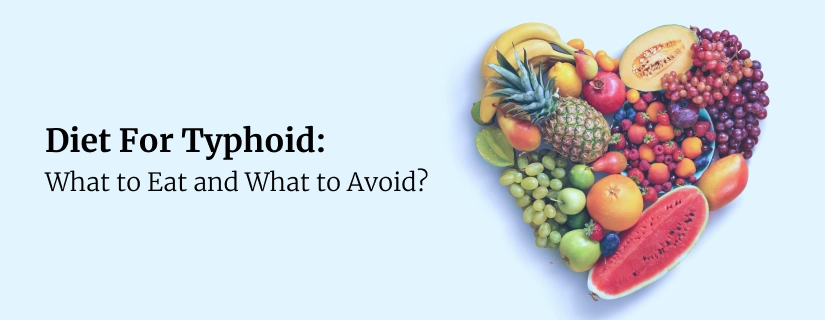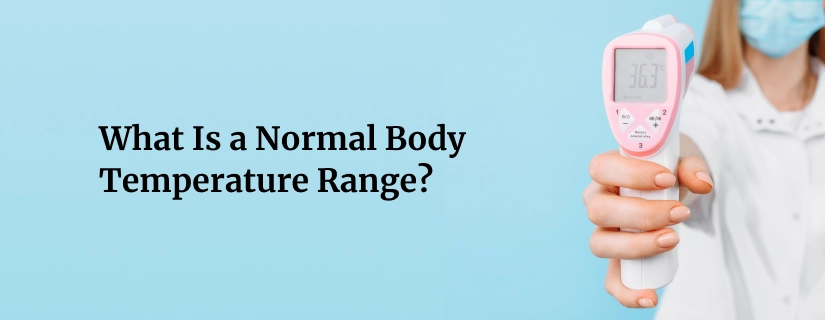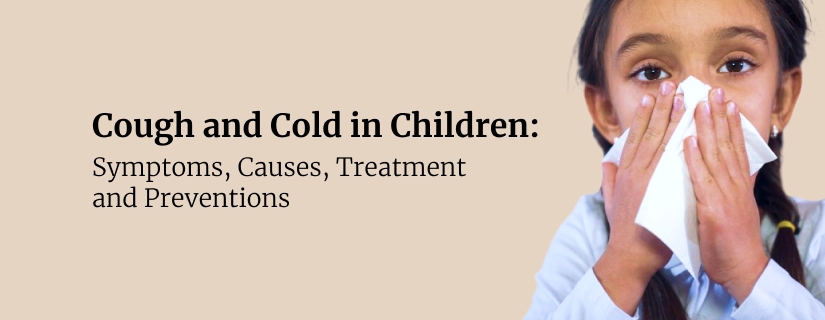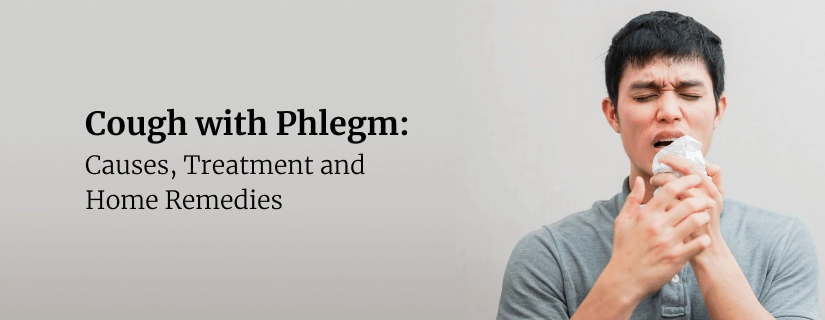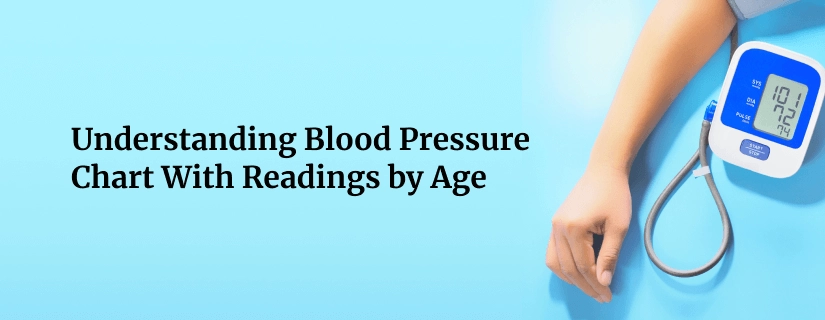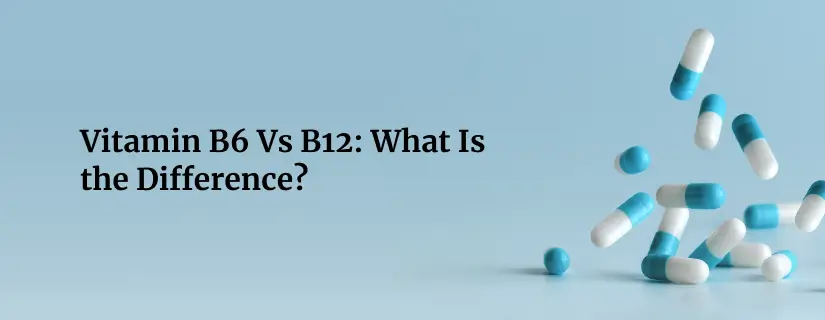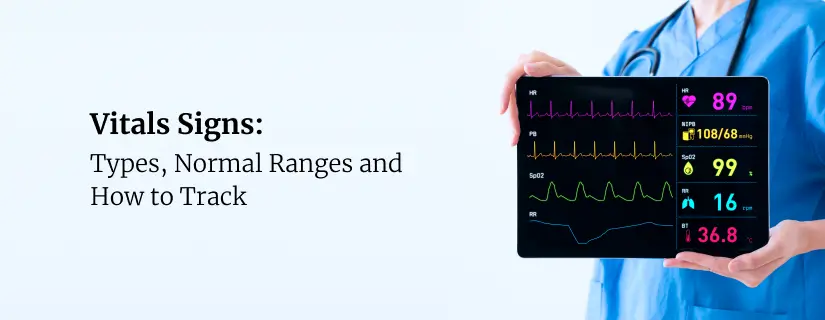-
Doctors
-
Specialities & Treatments
Centre of Excellence
Specialties
Treatments and Procedures
Hospitals & Directions HyderabadCARE Hospitals, Banjara Hills CARE Outpatient Centre, Banjara Hills CARE Hospitals, HITEC City CARE Hospitals, Nampally Gurunanak CARE Hospitals, Musheerabad CARE Hospitals Outpatient Centre, HITEC City CARE Hospitals, Malakpet
HyderabadCARE Hospitals, Banjara Hills CARE Outpatient Centre, Banjara Hills CARE Hospitals, HITEC City CARE Hospitals, Nampally Gurunanak CARE Hospitals, Musheerabad CARE Hospitals Outpatient Centre, HITEC City CARE Hospitals, Malakpet Raipur
Raipur
 Bhubaneswar
Bhubaneswar Visakhapatnam
Visakhapatnam
 Nagpur
Nagpur
 Indore
Indore
 Chh. Sambhajinagar
Chh. SambhajinagarClinics & Medical Centers
Book an AppointmentContact Us
Online Lab Reports
Book an Appointment
Consult Super-Specialist Doctors at CARE Hospitals
Hypertension: Symptoms Risk Factors and Management
Updated on 17 May 2022
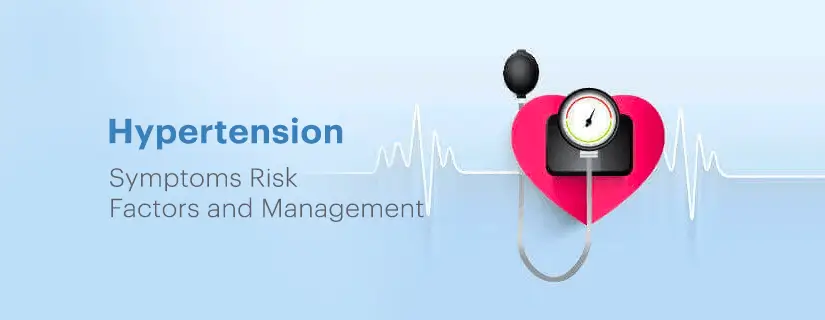
Hypertension or high blood pressure is the same thing. Blood pressure is the force exerted by the blood on the walls of the blood vessels. It depends on the resistance offered by the blood vessel walls and also on the amount of work done by the heart.
Hypertension is one of the major causes of heart diseases such as heart failure, stroke, and heart attack. It is important to understand the symptoms and treatment of hypertension to reduce the risk of heart disease and other associated health complications.
Types of Hypertension:
- Primary (Essential) Hypertension: This is the most common type of hypertension with no identifiable cause. It tends to develop gradually over time.
- Secondary Hypertension: This type is caused by an underlying condition, such as kidney disease, hormonal disorders, or certain medications.
Symptoms of Hypertension
In most cases, hypertension does not produce any symptoms. It can only be detected if you visit a health care practitioner to get it measured. Some people with very high blood pressure may experience the following symptoms:
- Pain in the head
- Dizziness
- Nausea and vomiting
- Pressure over the eyes
- Vertigo
Risk Factors for Hypertension
The risk factors for hypertension that make you susceptible to suffering from high blood pressure include the following:
- Lack of regular exercise: People living a sedentary life are more prone to suffer from high blood pressure as compared to the people who go for regular exercise. Lack of exercise is an important risk factor for increasing blood pressure.
- High salt intake: People who are in a habit of eating a high salt diet are at risk of developing hypertension because sodium content in the salt is the most important reason for causing high blood pressure in young individuals.
- Eating more fats: Eating foods high in fat also increases the risk of high blood pressure. Processed foods and Trans fats are responsible for producing heart problems and also increase the risk of high blood pressure.
- Excessive smoking and consumption of alcohol: People who are in a habit of doing excessive smoking and drinking alcohol can suffer from high blood pressure as compared to non-smokers who do not drink alcohol.
- Stress: It is also an important reason that can lead to high blood pressure in young individuals. People who remain under mental stress are at a high risk of developing high blood pressure.
Complications of Hypertension
Untreated or poorly managed hypertension can lead to severe complications such as:
- Heart disease and heart attacks
- Stroke
- Kidney damage
- Vision loss
- Aneurysms
- Cognitive decline
Management of Hypertension
Hypertension can be managed easily by making lifestyle and dietary changes. Some methods for hypertension management are listed below:
- Exercise Regularly: People with hypertension must engage in doing regular exercise. Mild to moderate exercise helps in managing hypertension naturally. Walking, jogging, swimming, and cycling are some of the good exercises for people with hypertension.
- Stress Management: It is just that people with high blood pressure should learn stress management because stress is a common reason for high blood pressure. They can use relaxation therapy for managing stress. Yoga, meditation, warm baths, and going for a walk are good options to manage stress.
- Avoid Smoking and Drinking Alcohol: People with high blood pressure or hypertension must avoid smoking and alcohol drinking because both habits can cause a rise in blood pressure. One should also avoid the use of drugs for managing stress as such drugs can produce harmful effects on the body.
- Diet: High blood pressure can also be managed by making dietary changes. One should follow a healthy diet. Some dietary recommendations for managing hypertension are:
- Reduce Salt Intake: High salt intake is the most important culprit leading to increased blood pressure. Therefore, people with high blood pressure should reduce salt intake to reduce their sodium intake. Reducing salt intake quickly helps in managing high blood pressure.
- Include Green Leafy Vegetables and Fruits: People suffering from hypertension should eat more fruits and green leafy vegetables. People with high blood pressure should include whole grains, fibrous foods, pulses, nuts, foods rich in omega-3 fatty acids, and low-fat products. Fruits and vegetables with high antioxidants help in boosting the immune system and also help in managing high blood pressure.
- Avoid Foods with High-Fat Content: One should avoid eating foods with high-fat content to manage blood pressure. Foods with high-fat content can increase the risk of high blood pressure. They should avoid eating hydrogenated vegetable oils, Trans fat, packed foods, processed foods, and refined foods.
Treatment of Hypertension
- Lifestyle Modifications:
- Dietary Changes: Adopting a heart-healthy diet, such as the DASH (Dietary Approaches to Stop Hypertension) diet, which emphasizes fruits, vegetables, whole grains, and low-fat dairy products while limiting saturated and total fat.
- Reducing Sodium Intake: Limiting salt intake to help lower blood pressure. This includes avoiding high-sodium processed foods.
- Weight Management: Losing weight if overweight can significantly reduce blood pressure. Even a modest weight loss can have a positive impact.
- Regular Physical Activity: Engaging in regular aerobic exercise, such as brisk walking, jogging, swimming, or cycling, can help lower blood pressure.
- Medications:
- Thiazide Diuretics: These medications help the body eliminate sodium and water, reducing blood volume.
- Angiotensin-Converting Enzyme (ACE) Inhibitors: These drugs relax blood vessels by blocking the production of angiotensin II, a hormone that narrows blood vessels.
- Angiotensin II Receptor Blockers (ARBs): Similar to ACE inhibitors, ARBs block the action of angiotensin II.
- Calcium Channel Blockers: These drugs prevent calcium from entering heart and blood vessel muscle cells, leading to relaxation of blood vessels.
- Beta-Blockers: These medications reduce heart rate and the force of contraction, reducing the workload on the heart.
- Other Antihypertensive Medications: Depending on the individual, additional medications such as alpha-blockers, central agonists, or direct renin inhibitors may be prescribed.
- Regular Monitoring and Follow-up:
- Regular blood pressure monitoring is crucial to track progress and make necessary adjustments to the treatment plan.
- Follow-up appointments with healthcare providers are important to assess the effectiveness of treatment and address any concerns or side effects.
- Complementary Approaches:
- Some individuals may benefit from complementary approaches, such as stress management techniques, biofeedback, or relaxation therapies.
- Some individuals may benefit from complementary approaches, such as stress management techniques, biofeedback, or relaxation therapies.
When to See a Doctor
- If you have consistent high blood pressure readings or if you experience symptoms like severe headaches, chest pain, shortness of breath, or vision changes, seek immediate medical attention.
- Regular check-ups are important, especially if you have risk factors for hypertension or a family history of high blood pressure.
- Consult a healthcare professional if you are concerned about your blood pressure levels or need guidance on managing hypertension.
It's essential to monitor blood pressure regularly, maintain a healthy lifestyle, and seek medical advice for proper diagnosis, management, and treatment of hypertension to prevent complications. If you're concerned about your blood pressure, consult a healthcare professional for guidance and personalised recommendations.
Manage Body Weight
Obesity is a contributing factor to high blood pressure. People with high blood pressure must try to manage body weight by doing regular exercise. Blood pressure will reduce naturally with weight loss. In obese people, the heart has to work more to pump the blood to all parts of the body which increases blood pressure. But, the heart can work normally if you have ideal body weight.
At CARE Hospitals, one of the best hypertension treatment hospitals in Hyderabad, we have the best heart specialists in India who specialize in treating hypertension.
ENQUIRY FORM
SELECT CATEGORIES
-
Neurosciences (16)
-
Neurology (38)
-
Neurosurgery (14)
-
Orthopaedics (48)
-
Oncology (33)
-
Obstetrics and gynecology (52)
-
Pulmonology (23)
-
Urology (20)
-
Nephrology (13)
-
Psychiatry (7)
-
Dietetics and Nutrition (111)
-
General Medicine (63)
-
Cardiac Sciences (32)
-
Vascular & Endovascular Surgery and Interventional Radiology (15)
-
Gastroenterology (46)
-
Endocrinology (23)
-
Plastic Surgery (10)
-
Critical Care Medicine (5)
-
COVID-19 (16)
-
Dermatology (16)
-
Emergency Care (1)
-
Ophthalmology (4)
-
Pediatrics (14)
-
Laparoscopic and Bariatric Surgery (8)
-
ENT (15)
-
Kidney Transplant (1)
-
Liver Transplantation and Hepatobiliary Surgery (5)
-
General Surgery (3)
-
Internal Medicine (5)
-
Medicine Information
Malaria: How parents can ensure their children’s safety from mosquitoes
4 Effects of Heat Wave on the body
YOU MAY ALSO LIKE
RECENT BLOGS
-

Rotablation Angioplasty: Benefits, Treatments, And Recovery Time
6 February 2026
Read More
-

What Is The Difference Between IUI and IVF?
6 February 2026
Read More
-
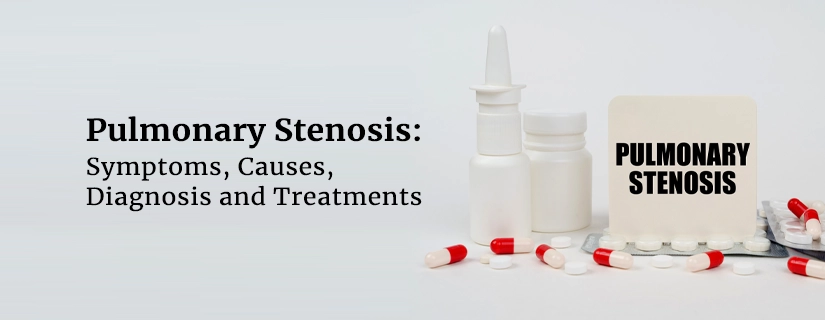
Pulmonary Stenosis: Symptoms, Causes, Diagnosis and Treatments
6 February 2026
Read More
-
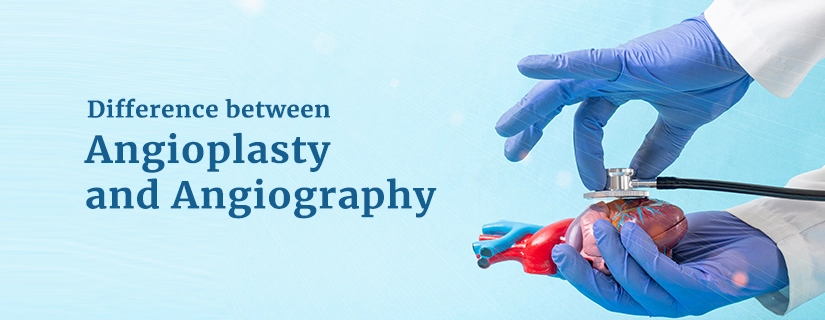
Difference between Angioplasty and Angiography
6 February 2026
Read More
-
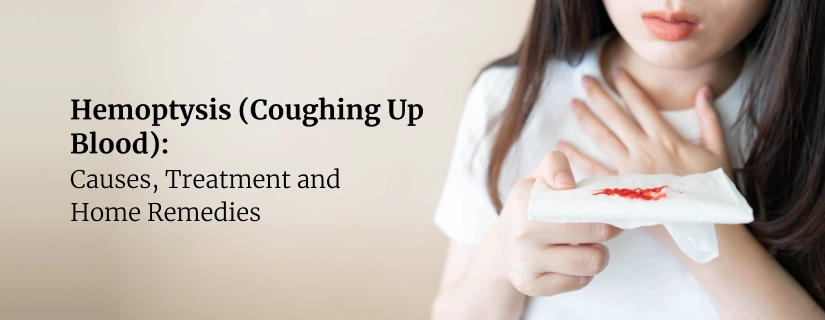
Hemoptysis (Coughing Up Blood): Causes, Treatment and Home Remedies
2 February 2026
Read More
-
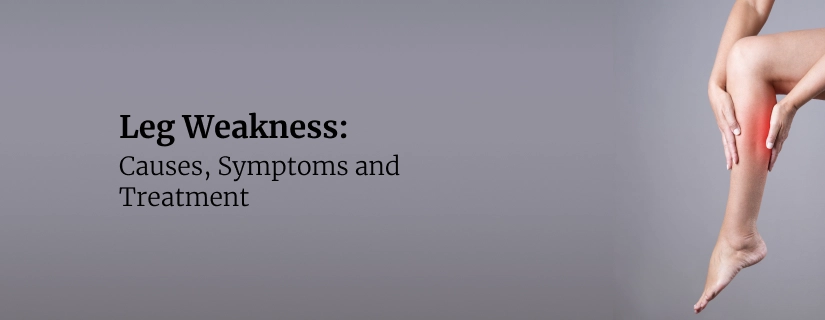
Leg Weakness: Causes, Symptoms and Treatment
9 January 2026
Read More
-

Back Pain After C-Section: Causes and Home Remedies
9 January 2026
Read More
-

Belly Button Pain (Periumbilical Pain): Causes, Treatment and When to See a Doctor
9 January 2026
Read More
Have a Question?
If you cannot find answers to your queries, please fill out the enquiry form or call the number below. We will contact you shortly.






